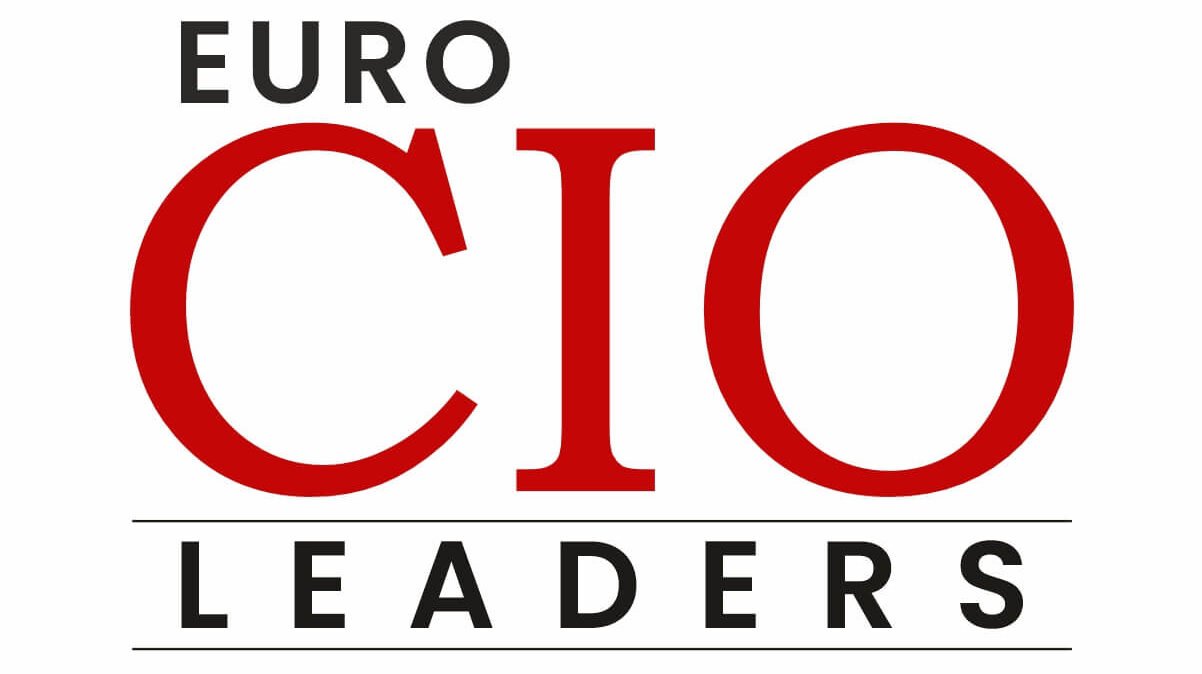Excellence in leadership is a driving force behind the success and growth of individuals, teams, and organizations. Exceptional leaders possess certain key aspects that set them apart and enable them to achieve outstanding results. In this article, we will survey the essential leadership aspects that define excellence and contribute to remarkable leadership performance.
Visionary Thinking:
Leaders who exhibit visionary thinking have the ability to see beyond the present and envision a compelling future. They have a clear and inspiring vision that aligns with the organization’s purpose and goals. Visionary leaders communicate their vision effectively, inspiring and motivating others to work towards a shared objective. By providing a sense of direction and purpose, visionary thinking allows leaders to steer their teams towards excellence.
Integrity and Ethical Behavior:
Leadership excellence is closely tied to integrity and ethical Behavior. Exceptional leaders uphold strong moral principles and act with honesty, fairness, and transparency. They consistently demonstrate ethical decision-making and hold themselves accountable for their actions. By fostering a culture of integrity, leaders earn the trust and respect of their teams, creating an environment conducive to excellence.
Effective Communication:
Excellent leaders possess exceptional communication skills. They can articulate their ideas clearly, listen actively to others, and adapt their communication style to different audiences. Effective communication enables leaders to convey their vision, expectations, and feedback, ensuring alignment and understanding among team members. By fostering open and transparent communication, leaders promote collaboration, engagement, and excellence within the organization.
Empathy and Emotional Intelligence:
Leaders who demonstrate empathy and emotional intelligence understand and connect with the emotions and needs of their team members. They actively listen, show genuine care, and consider different perspectives. By fostering a supportive and inclusive environment, leaders enhance employee morale, satisfaction, and engagement. Empathy and emotional intelligence also enable leaders to effectively manage conflicts, motivate individuals, and build strong relationships, which are crucial for achieving excellence.
Continuous Learning and Personal Growth:
Leaders committed to excellence recognize the importance of continuous learning and personal growth. They seek opportunities to enhance their knowledge, skills, and leadership abilities. Exceptional leaders stay abreast of industry trends, engage in professional development, and embrace feedback and constructive criticism. By continuously learning and improving, leaders inspire their teams to strive for excellence and foster a culture of continuous improvement within the organization.
Strategic Thinking and Decision Making:
Leadership excellence involves strategic thinking and effective decision-making. Exceptional leaders can analyze complex situations, evaluate risks and opportunities, and make informed decisions. They consider long-term implications and align their choices with the organization’s goals and values. By making sound decisions and providing clear direction, leaders empower their teams to perform at their best and achieve excellence.
Empowerment and Delegation:
Excellent leaders empower their team members by providing them with autonomy, authority, and responsibility. They delegate tasks and authority based on individuals’ strengths and capabilities. By trusting their team members and allowing them to take ownership of their work, leaders create a sense of empowerment and accountability. This approach fosters innovation, creativity, and personal growth, ultimately driving excellence within the organization.
Resilience and Adaptability:
Leadership excellence requires resilience and adaptability in the face of challenges and change. Exceptional leaders remain calm, composed, and solution-oriented during difficult times. They are flexible and open to new ideas and perspectives. By demonstrating resilience and adaptability, leaders inspire their teams to overcome obstacles, embrace change, and strive for excellence even in uncertain circumstances.
Team Building and Collaboration:
Leadership excellence involves the ability to build effective teams and foster collaboration. Excellent leaders understand the value of diverse perspectives and skills. They bring together individuals with complementary talents and create an environment where teamwork, cooperation, and synergy thrive. By promoting collaboration and leveraging the strengths of their team members, leaders drive innovation, problem-solving, and overall excellence.
Adaptability to Change:
In today’s dynamic and rapidly changing business landscape, excellent leaders are adaptable and flexible. They embrace change and proactively seek opportunities for growth and improvement. They encourage their team members to embrace change as well, fostering a culture of agility and resilience. By effectively navigating change and guiding their teams through transitions, leaders enable organizational excellence in the face of evolving circumstances.
Coaching and Development:
Excellent leaders prioritize the development and growth of their team members. They act as coaches and mentors, providing guidance, support, and constructive feedback. They identify and nurture the potential of their employees, helping them build new skills and expand their capabilities. By investing in the development of their team, leaders cultivate a high-performance culture that drives excellence and long-term success.
Leadership excellence is characterized by a combination of visionary thinking, integrity, effective communication, empathy, continuous learning, strategic thinking, empowerment, resilience, and adaptability. Exceptional leaders possess these essential aspects and leverage them to drive individual and organizational excellence. By embodying these aspects, leaders foster a culture of excellence, inspire their teams, and contribute to the long-term success and growth of their organizations.


